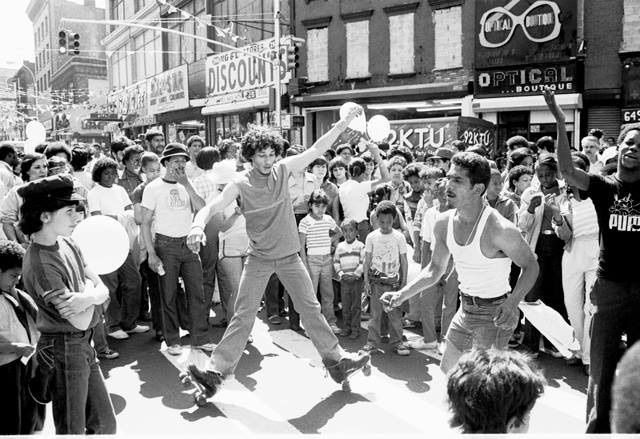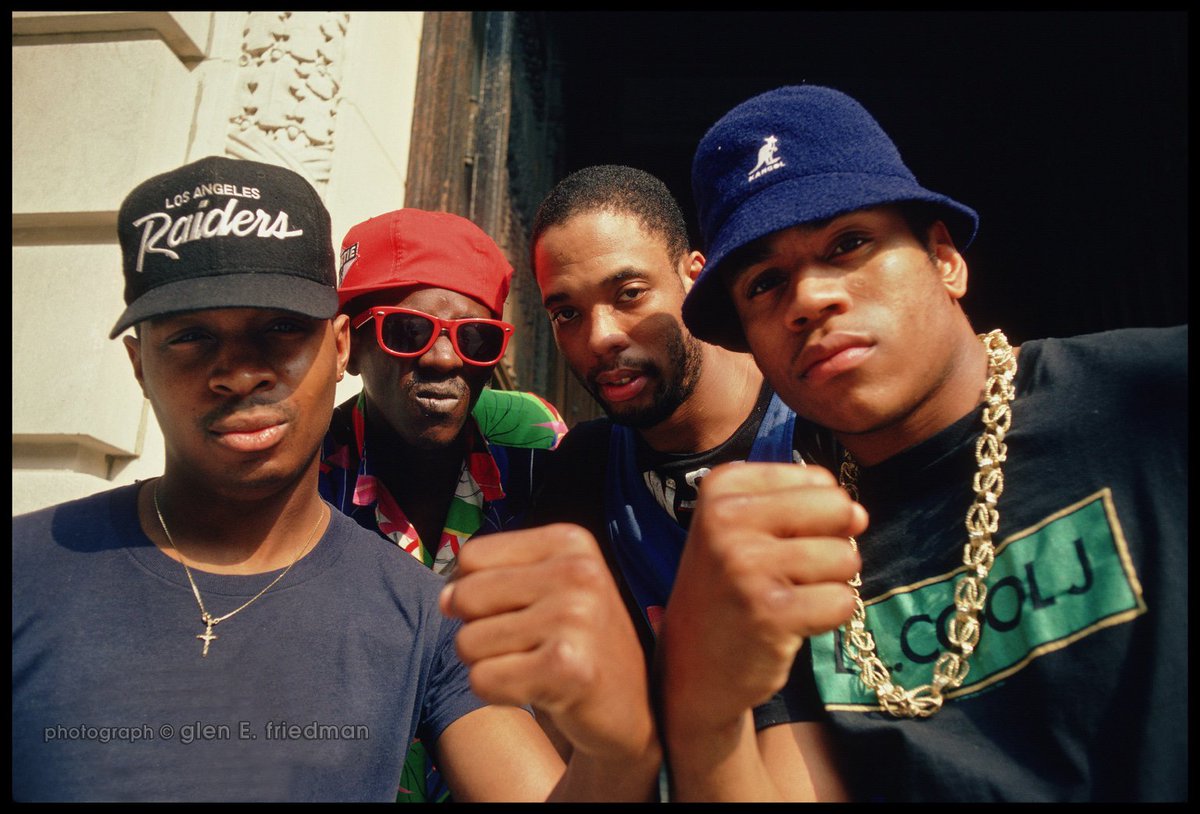
Coke La Rock and Clark Kent form the first emcee team known as Kool Herc & The Herculoids. He later gets Coke La Rock to utter crowd-pleasing rhymes at parties (like "DJ Riz is in the house and he'll turn it out without a doubt").Herc is hired as a DJ at the Hevalo Club.

Around this time, DJ/MC/Crowd Pleaser Lovebug Starski starts referring to this culture as "hip-hop."

The Black Messengers (a group that staged performances for The Black Panthers and rallies relating to Black power movement) feature on The Gong Show. (The Last Poets would later appear on Common’s 2005 rap anthem, “The Corner.")Īretha Franklin records a well-known b-boy song “Rock Steady." The Rock Steady crew would go on to rule in the world of break-dancing, with members all across the globe. The Last Poets release their self-titled debut album on Douglas Records combining jazz instrumentations with heartfelt spoken word. James Brown records two songs that would further influence the drum programming in today’s rap music: “Sex Machines” with John Starks playing drums, and “Funky Drummer” with Clyde Stubblefield on the drums.ĭJ U-Roy invades Jamaican pop charts with three top ten songs using a style known as toasting. He would later become a graf writer and change his name to Kool Herc.Ī gang named Savage Seven would hit the streets of the East Bronx. Savage Seven later changes its name to Black Spades, before eventually becoming an organization known as the Zulu Nation. Because of his imposing size, kids at Alfred E. Liston keeps backing But there's not enough room It's a matter of time.Ĭlive Campbell migrates to the United States at the age of 11.

Clay swings with a left, Clay swings with a right, Look at young Cassius Carry the fight. Before the contest, however, Ali recites one of the earliest known rhymes:Ĭlay comes out to meet Liston And Liston starts to retreat If Liston goes back any further He'll end up in a ringside seat. In a historic boxing bout, Muhammad Ali (born Cassius Clay) defeats Sonny Liston in the sixth round. The breakbeat would later inspire the b-boy movement, as breakers danced to these beats at block parties. " Brown’s drummer Clayton Fillyau introduces a sound that is now known as the breakbeat. Michael Ochs Archives / Getty Images 1962


 0 kommentar(er)
0 kommentar(er)
